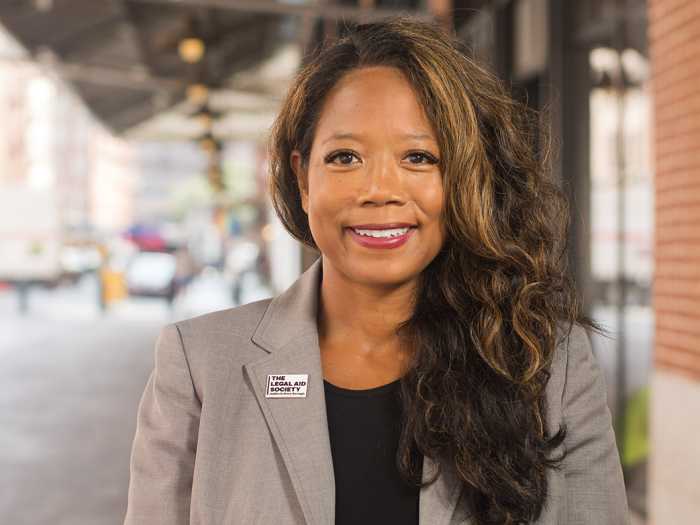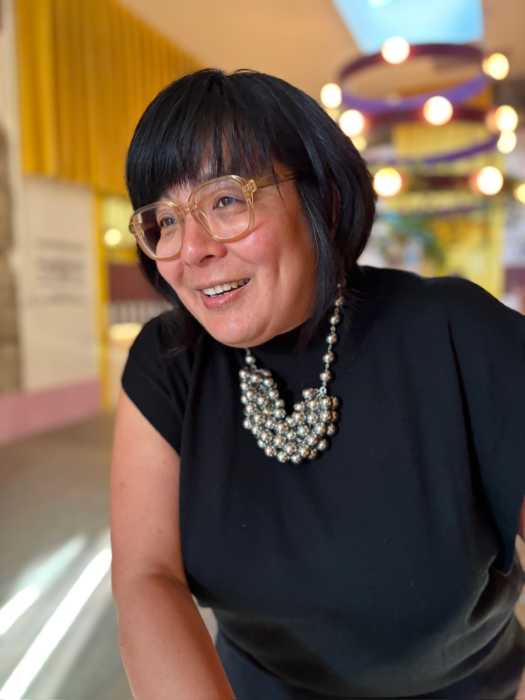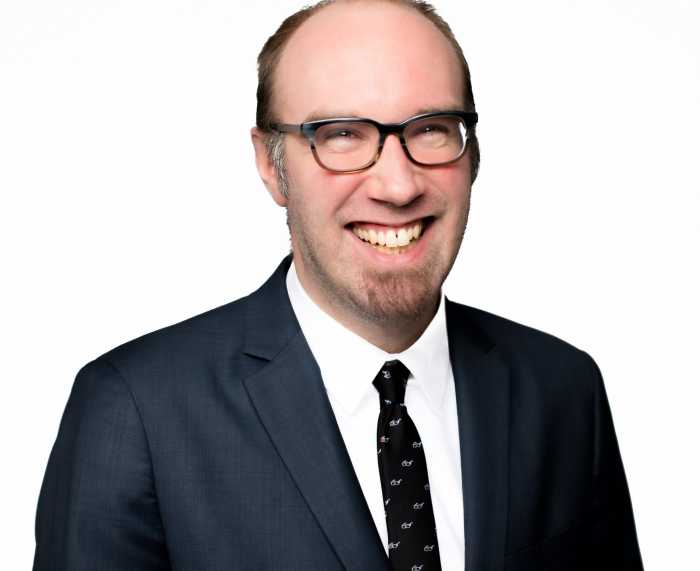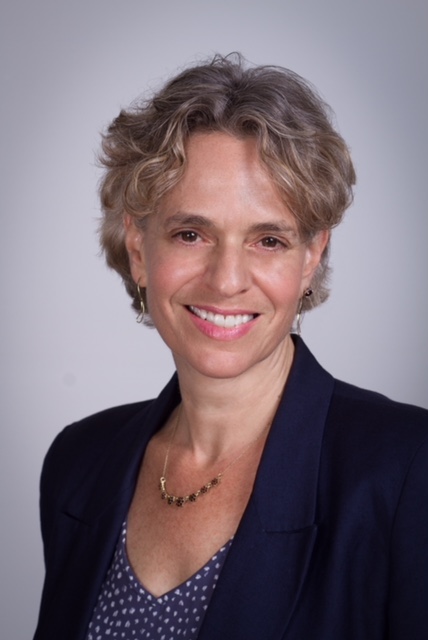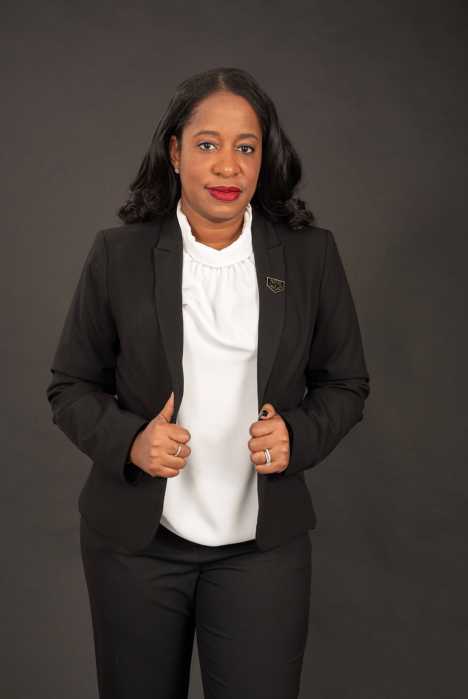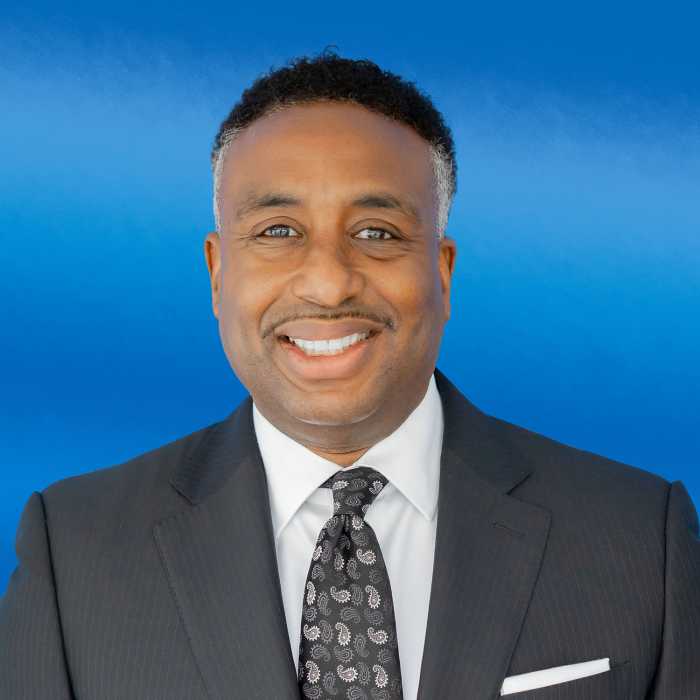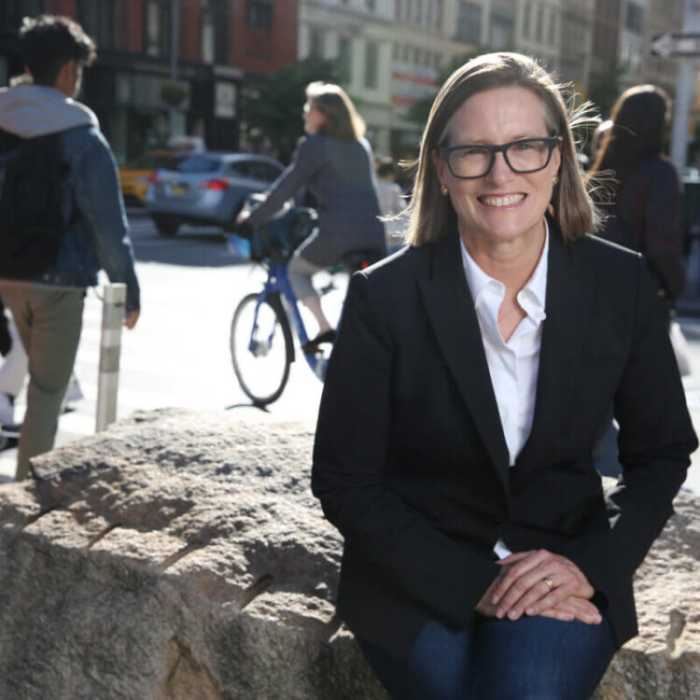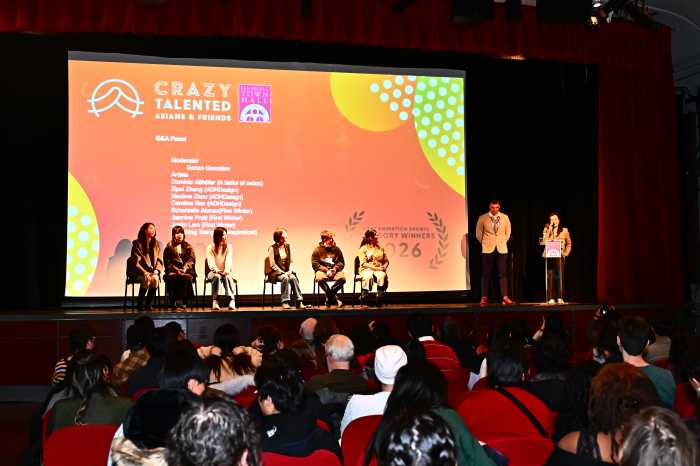Twyla Carter serves as the attorney-in-chief and CEO of The Legal Aid Society. She is the first Black woman and first Asian American to lead the organization. Previously, Carter worked at the ACLU and held leadership positions with The Bail Project and as a public defender in Seattle, Washington. Carter is a nationally recognized expert on bail reform and frequently speaks on issues including police reform, right-to-counsel, and race and culture in the legal system.
What is your favorite thing about working in the nonprofit sector?
I have spent my entire professional career in the nonprofit sector, drawn to this work because of its direct impact on disenfranchised and marginalized communities. Working alongside colleagues who share similar ideals and are dedicated to fervently representing those who need our help makes the nonprofit sector – and The Legal Aid Society in particular – uniquely special. It is truly a privilege to work in this field.
How can policymakers support your organization?
Too often, organizations like ours are overshadowed by other legal system actors, namely the police and prosecutors. This has led to chronic underfunding, jeopardizing the legal services low-income New Yorkers are constitutionally and legally entitled to receive. Policymakers must ensure that organizations like The Legal Aid Society are fully funded so that our most vulnerable neighbors have access to robust legal representation in their times of need.
What was your organization’s biggest accomplishment in 2024?
After years of advocacy in the New York State Capitol by Legal Aid, housing advocates, and tenants, Albany lawmakers passed a budget in April that included protections for tenants against extortionate rent increases and unjust evictions. While the final bill did not encompass everything we fought for, it will make a meaningful difference for hundreds of thousands of renters statewide. These new safeguards will help keep New Yorkers housed in their communities.


